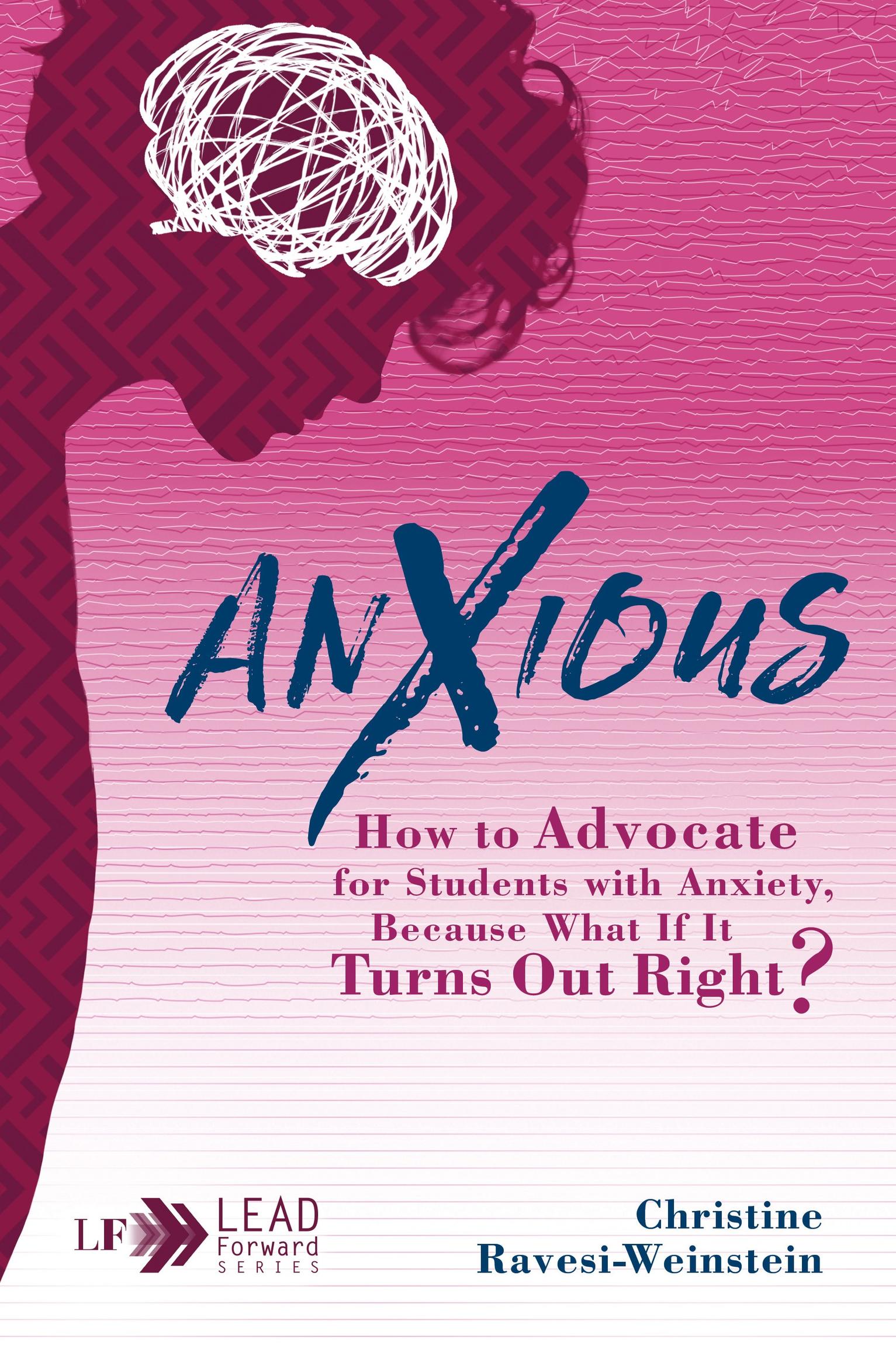Cultivating Student Happiness: Beware of Toxic Positivity
May 05, 2022
By Lisa Parry
When my oldest daughter graduated from high school a few years ago, I gave her and her four closest friends a bracelet with this affirming message:
She believed she could, so she did.
It seemed like the perfect sentiment for five young ladies ready to leave the comfort and security of their homes and high school for new lives on college campuses. They faced many future challenges—some significant enough to rattle the confidence they had built up in the small community that had raised them.
I wanted them to believe in the power of the I-think-I-can cliché.
Unfortunately, not long after she left my nest, an epiphany born from a significant setback caused me to question this popular and positive little quip. You see, I made sure to check off all of the obligatory boxes on my way to achieving a personal goal:
- I wanted it.
- I worked for it.
- I believed I could do it.
- I prayed about it.
- I sacrificed for it.
Despite all of this, I fell short—and I felt bitter, cheated, and defeated. My confidence suffered a hit too. I experienced anxiety. After all, I did everything I was supposed to do and thought all of the thoughts I was supposed to think. If believing it and wanting it weren’t enough, what would be?
Shortly after this experience, I read about a company that created and sold—how can I put this?—greeting cards featuring harsh realities. Instead of “Be positive,” the cards read:
“Be real.”
Instead of “Life is what you make of it,” these cards confirmed:
“Life stinks sometimes, so let me know how I can help you.”
Funny? A little.
Refreshing?
Astonishingly!
If you have spent much time thumbing through conventional cards, you know they—like the necklace I purchased for my daughter and her friends—can make nauseating attempts at portraying life as an experience of rainbows and unicorns.
While the cards’ designers and the merchants who sell them mean well, they are misguided and potentially malignant—especially in the minds of young people who need to KNOW life will be difficult. Sometimes those challenges last a while—no matter how hard you try to make it easy again.
People facing challenges don't need to hear: “Look on the bright side,” ‘Be patient because it will all be fine,” or “Be grateful for what you have.”
You see, toxic positivity is just that: toxic. See its lovely synonyms:
- Poisonous
- Venomous
- Noxious
- Injurious
- Malignant
- Pernicious
You get the gist.
These sentiments cut into the heart and soul and cause a dangerous thought-spiral to dominate the mind.
Consider this internal dialogue a student might grapple with:
Why can’t I be happy? I have everything. My parents gave me a car. My friend has to share a room with her sister, but I have my own.But I don't feel happy. I know I should. They all tell me I should. They want what I have.
I get good grades, and I am a starter on the soccer team. That should make me happy.
But something is missing.
Why can’t I just bloom where I'm planted like my mom tells me to do?
Someone would do anything to be me. They tell me that all the time.
But I don't want to be me. I want something more, but I don't know how to get it.
I just need to control my mind and focus on the positive. There is good around me.
But I can't smile or laugh. I don't want to go out. I just want to hide. I am tired of others telling me I am fine when I know I am not …
These exhausting one-sided conversations takes such a toll on an already fatigued and fragile mind. To help someone suffering from this loop, be empathetic and supportive.
Say things like:
“This is going to be really hard for a while.”
“I wish I could take your pain away, but I can't.”
“It is not fair at all that this is happening to you.”
These acknowledgments of reality can help quiet the thoughts of frustration outlined above. The lines in bold could now affect thinking this way:
I need to embrace that it is a challenge for me to feel happy.
I have everything. My parents gave me a car. My friend has to share a room with her sister, but I have my own bedroom.
These possessions might make others happy, but they don’t do that for me.
I need to look elsewhere for happiness.
I get good grades, and I am a starter on the soccer team. My grades are good, and I am a good soccer player.
Something about school and soccer doesn't help lift my spirits though. I need to look for ways to find joy at school. Someone would do anything to be me.
They tell me that all the time. My life does look awesome to someone on the outside, but I have problems, and they do too.
Everyone does, and that is normal.
There is good around me. I will do my best to see and feel positive, but I will cut myself some slack when I don’t have the mindset to do that and dwell on the negative instead. I will work on accepting and reflecting on the nice comments others make to me. There could be some truth in what they say.
These tweaks in the way we talk to each other (and maybe even talk to ourselves) can be liberating and invigorating. For the sake of your students, staff, and school families, I challenge you to look for ways to replace toxic positivity with helpful reality.
Lisa Parry is a K-12 principal proudly serving a 2021 National Blue Ribbon and a 2020 ESEA Distinguished Elementary School. Her 20+ years in education have taught her many lessons, including this truth: kids don't want trouble.
They will behave if they can; they will not if they cannot. Lisa's mission is to convince her peers the best way to approach our learners is to “Teach Hard and Stay Soft.”






